
7 Warning Signs of Liver Damage You Shouldn’t Ignore
7 Warning Signs of Liver Damage You Shouldn’t Ignore
The liver is one of the most vital organs in your body. It plays a crucial role in detoxifying your blood, producing essential proteins, aiding digestion, and storing nutrients. Yet, many people are unaware of how silently liver damage can progress. Often, symptoms don’t appear until the condition has advanced. That’s why recognizing the early warning signs of liver damage is essential for maintaining your overall health and preventing long-term complications.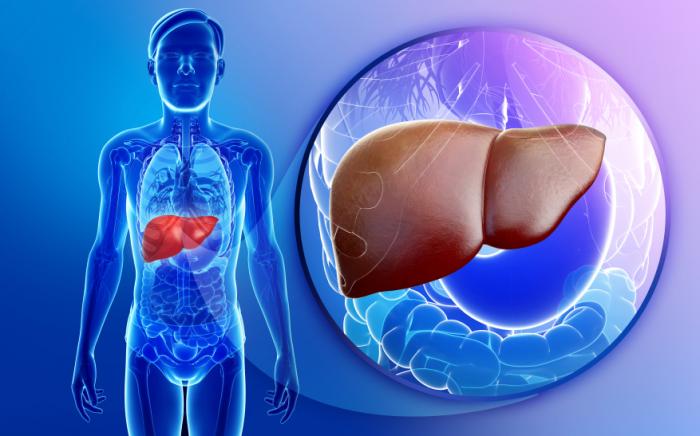
Here are 7 warning signs of liver damage you shouldn’t ignore:
1. Chronic Fatigue
One of the earliest signs of liver dysfunction is persistent tiredness. When your liver isn’t functioning properly, it can’t effectively filter toxins from the blood. These toxins build up and can lead to mental fog, lack of energy, and overall fatigue. If you feel unusually tired despite getting enough sleep, your liver could be trying to tell you something.
2. Yellowing of the Skin and Eyes (Jaundice)
Jaundice is a classic symptom of liver issues. It occurs when the liver fails to process bilirubin, a yellow pigment formed from the breakdown of red blood cells. As a result, this pigment builds up in the body, leading to a yellowish tint in the skin and the whites of the eyes. Jaundice is a clear sign that your liver is not functioning as it should and requires immediate medical attention.
3. Abdominal Pain and Swelling
Pain or discomfort in the upper right side of your abdomen may indicate liver inflammation or enlargement. In more severe cases, fluid buildup in the abdominal cavity—known as ascites—can cause noticeable swelling and bloating. If you experience unexplained stomach pain or swelling, it’s important to investigate the cause.
4. Dark Urine and Pale Stools
Changes in the color of your urine or stools can reflect liver dysfunction. Dark urine may result from excess bilirubin in the bloodstream, while pale or clay-colored stools could indicate a lack of bile production or flow. These changes are often among the first visible signs of liver distress.
5. Nausea and Vomiting
Digestive problems, including nausea, vomiting, and loss of appetite, can occur when the liver is damaged. A poorly functioning liver may struggle to process nutrients and toxins, leading to feelings of nausea, especially after eating fatty foods. If these symptoms persist, it’s time to get your liver checked.
6. Itchy Skin
Unexplained, persistent itching can be a subtle sign of liver disease. Bile salt buildup beneath the skin, caused by impaired liver function, can trigger itching. While it may seem like a minor issue at first, chronic itchiness without a clear cause should not be ignored.
7. Easy Bruising and Bleeding
Your liver produces proteins that help with blood clotting. When liver function declines, it can impair clotting mechanisms, leading to easy bruising and frequent nosebleeds or gum bleeding. If you notice that you bruise easily or bleed more than usual from minor injuries, your liver could be the underlying issue.
When to See a Doctor
If you notice one or more of these symptoms, it doesn’t automatically mean you have liver disease—but it does mean you should speak to a healthcare provider. Early detection is key to effective treatment, especially for conditions like hepatitis, fatty liver disease, or cirrhosis.
Protecting Your Liver Health
Preventing liver damage starts with healthy lifestyle choices:
-
Limit alcohol consumption
-
Avoid excessive use of medications (especially acetaminophen)
-
Maintain a balanced diet
-
Stay active and maintain a healthy weight
-
Get vaccinated for hepatitis A and B
-
Avoid exposure to harmful toxins and chemicals
Final Thoughts
The liver is a silent worker, but when it starts to struggle, it often sends subtle warning signs. Learning to recognize the early symptoms of liver damage can make all the difference in catching problems before they become serious. Pay attention to your body—it’s the best indicator of what’s going on beneath the surface.
News in the same category


What Vitamin Deficiency Causes Dry Lips?
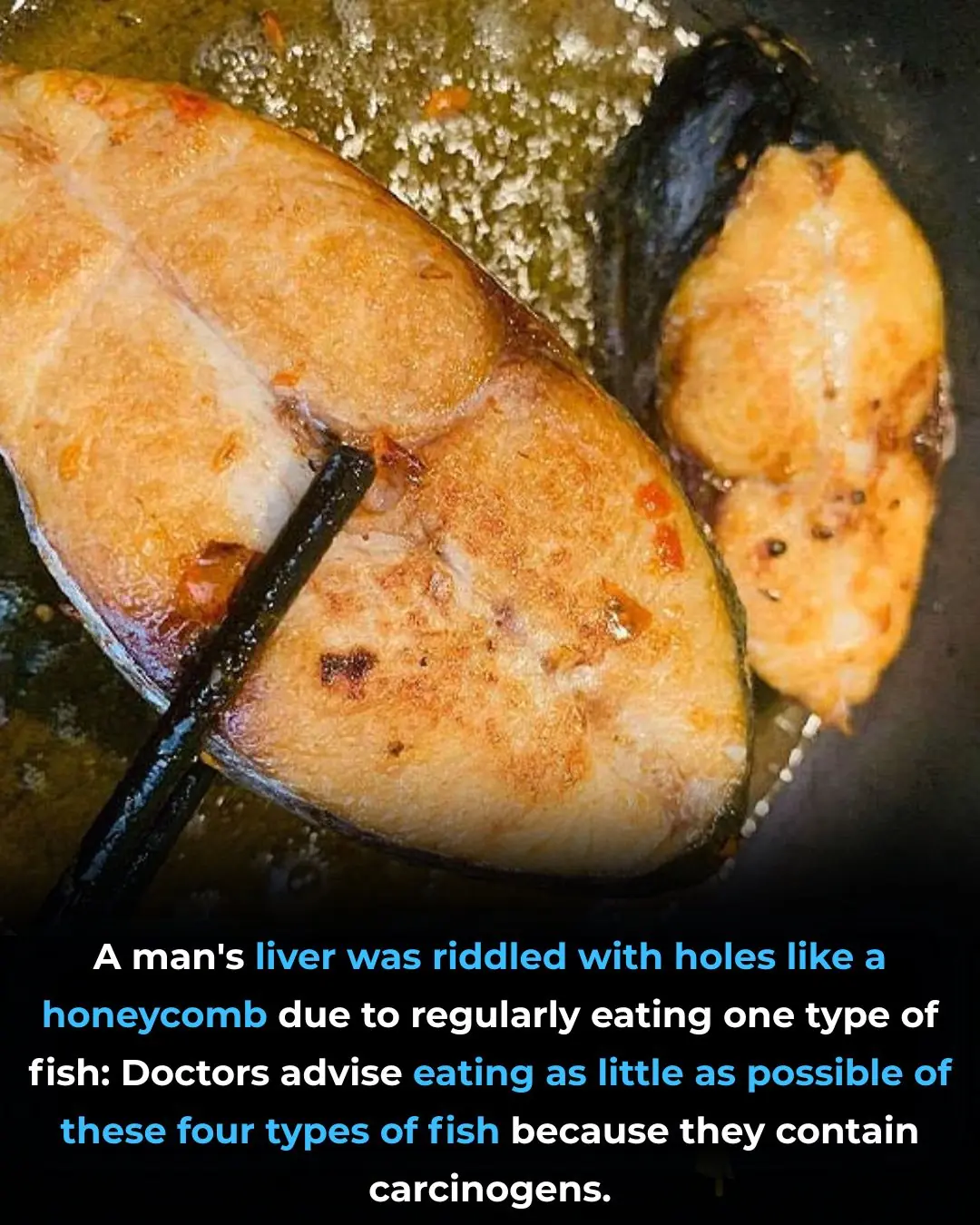
A man's liver was riddled with holes like a honeycomb due to regularly eating one type of fish: Doctors advise eating as little as possible of these four types of fish because they contain carcinogens
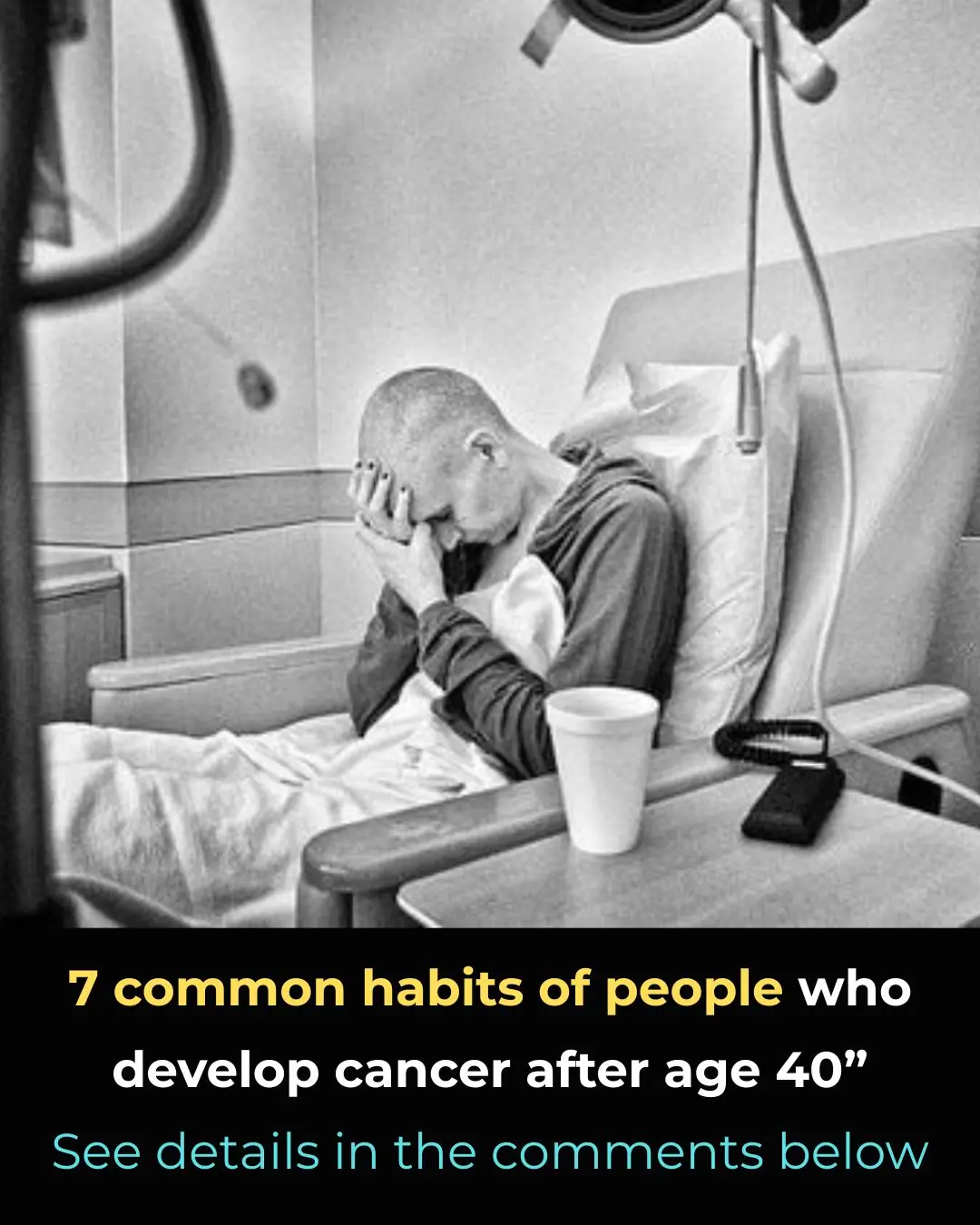
Seven Common Habits Linked to Cancer After the Age of 40
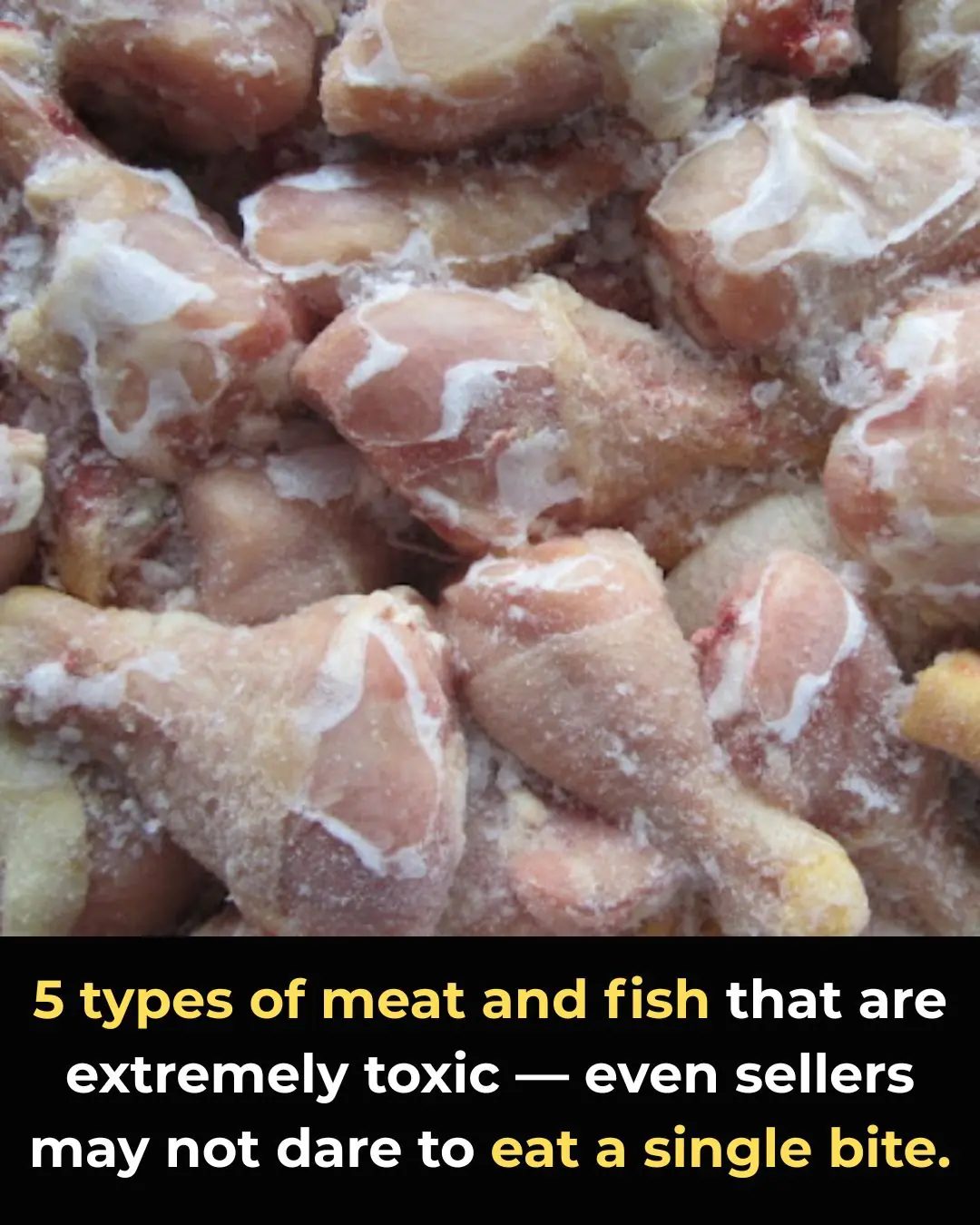
Five Highly Toxic Meats That Should Be Avoided
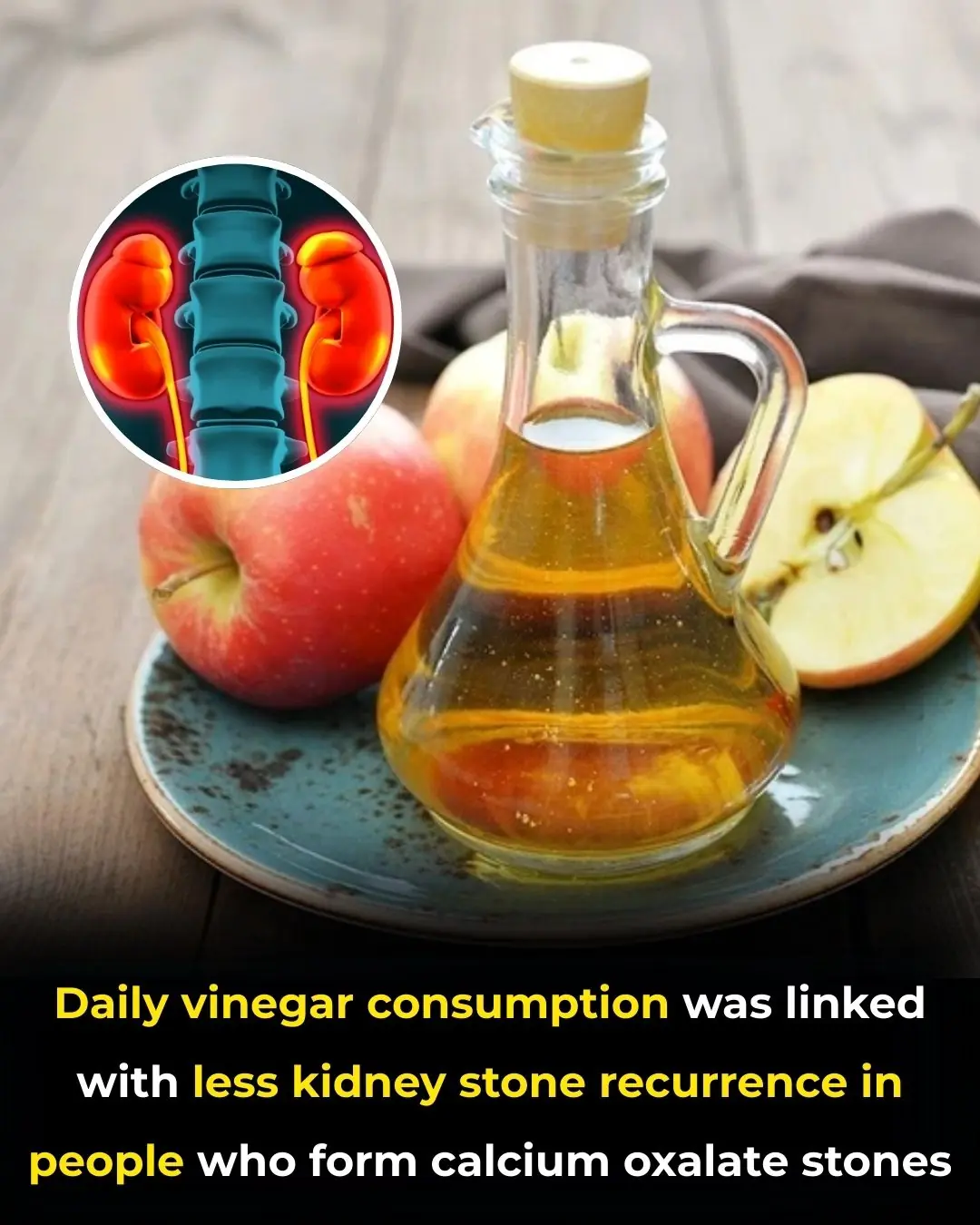
Vinegar Consumption and Reduced Risk of Calcium Oxalate Kidney Stones: Evidence from a Pilot Human Study

11 Health Warnings Your Fingernails May Be Sending
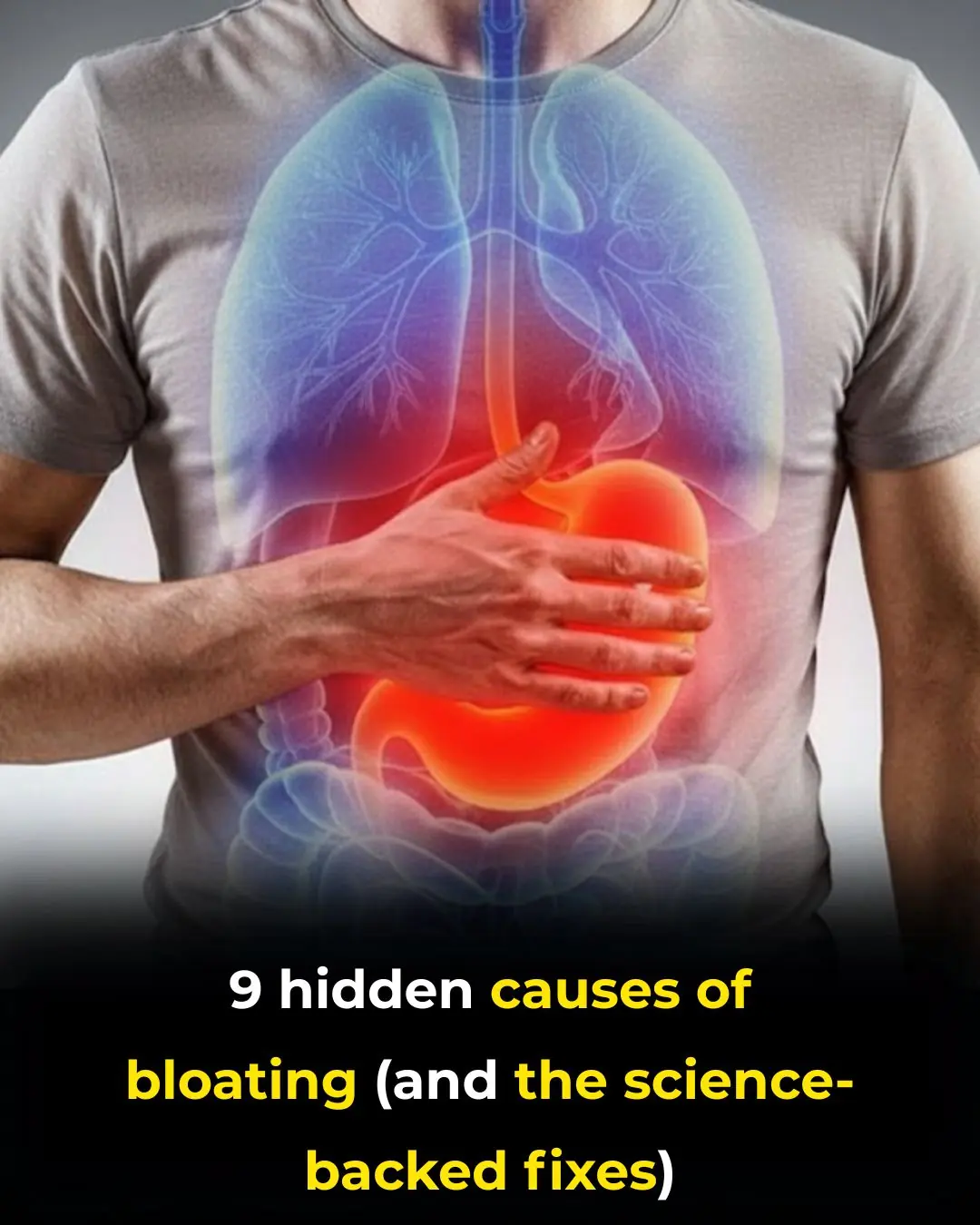
Bloated Stomach: 8 Common Reasons and How to Treat Them (Evidence Based)
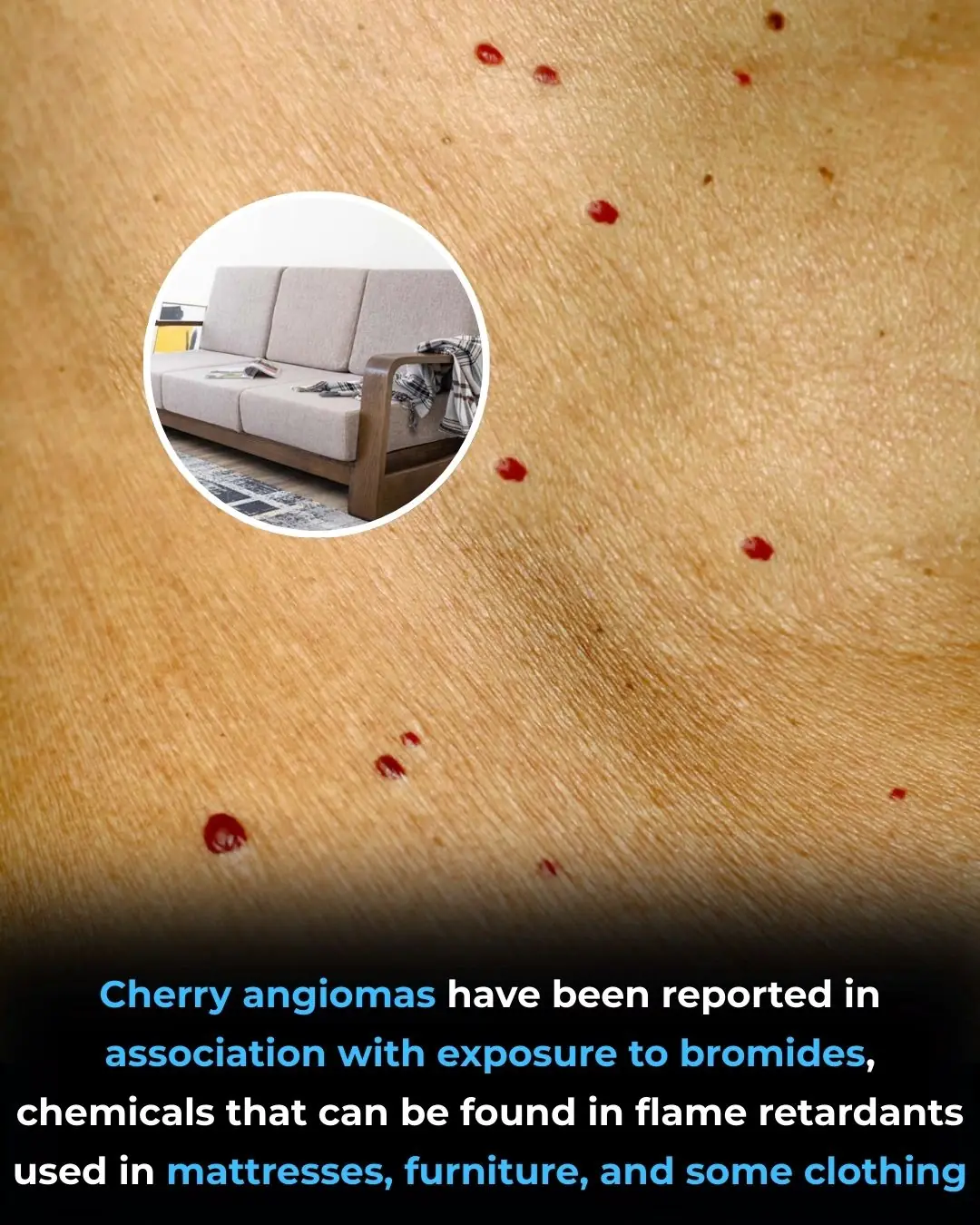
Occupational Bromide Exposure and the Development of Multiple Cherry Angiomas: Insights from a Case Report

How to Use Castor Oil to Regrow Eyelashes and Eyebrows
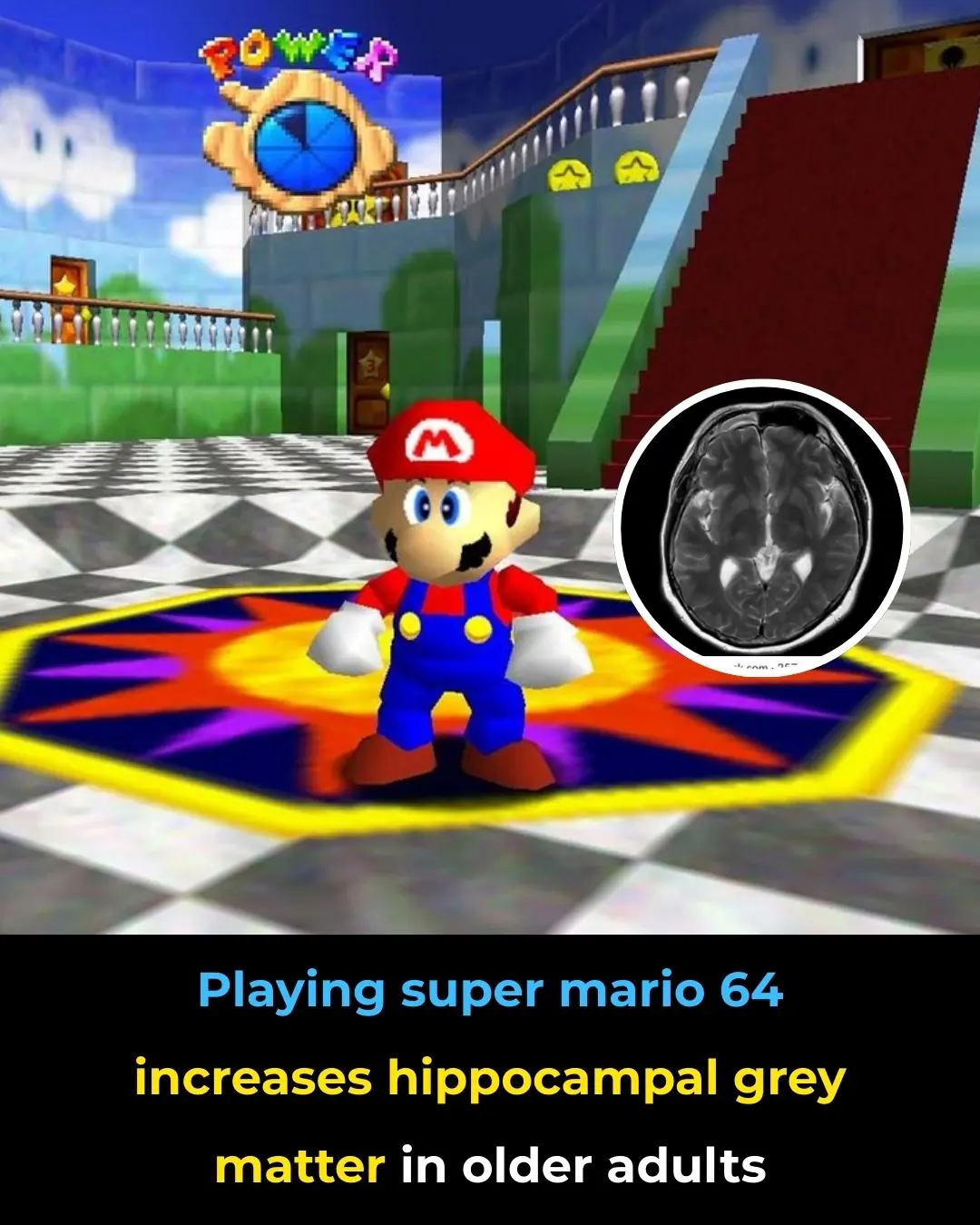
Three-Dimensional Video Gaming and Hippocampal Plasticity in Older Adults

Affectionate Touch, Oxytocin, and Women’s Stress and Cardiovascular Health

Raw Cabbage Juice and Rapid Healing of Peptic Ulcers: Early Clinical Evidence from Stanford

Montmorency Tart Cherry Juice as a Supportive Dietary Intervention in Ulcerative Colitis

Anemia: A Lesser-Known Side Effect of GLP-1 Receptor Agonists?

Can Gray Hair Be a Sign That the Body Is Eliminating Cancer Cells?

A 95-Year-Old Cancer Expert with 60 Years of Research Reveals: Four Things You Must Avoid to Keep Cancer from Knocking on Your Door

Clinical Trials Show Meaningful Progress in Pancreatic Cancer Treatment
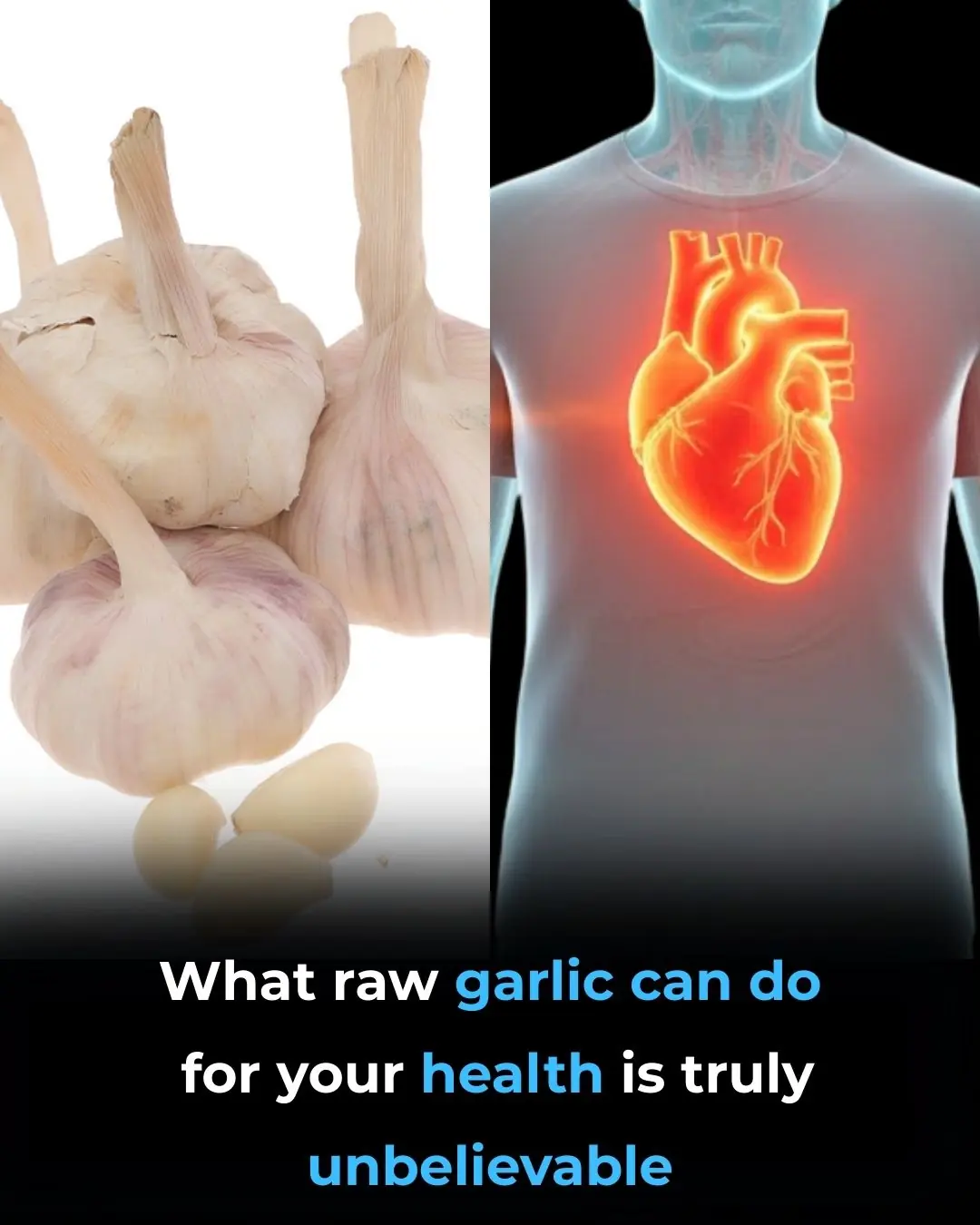
Medicinal Health Benefits of Garlic (Raw, Supplement) – Science Based
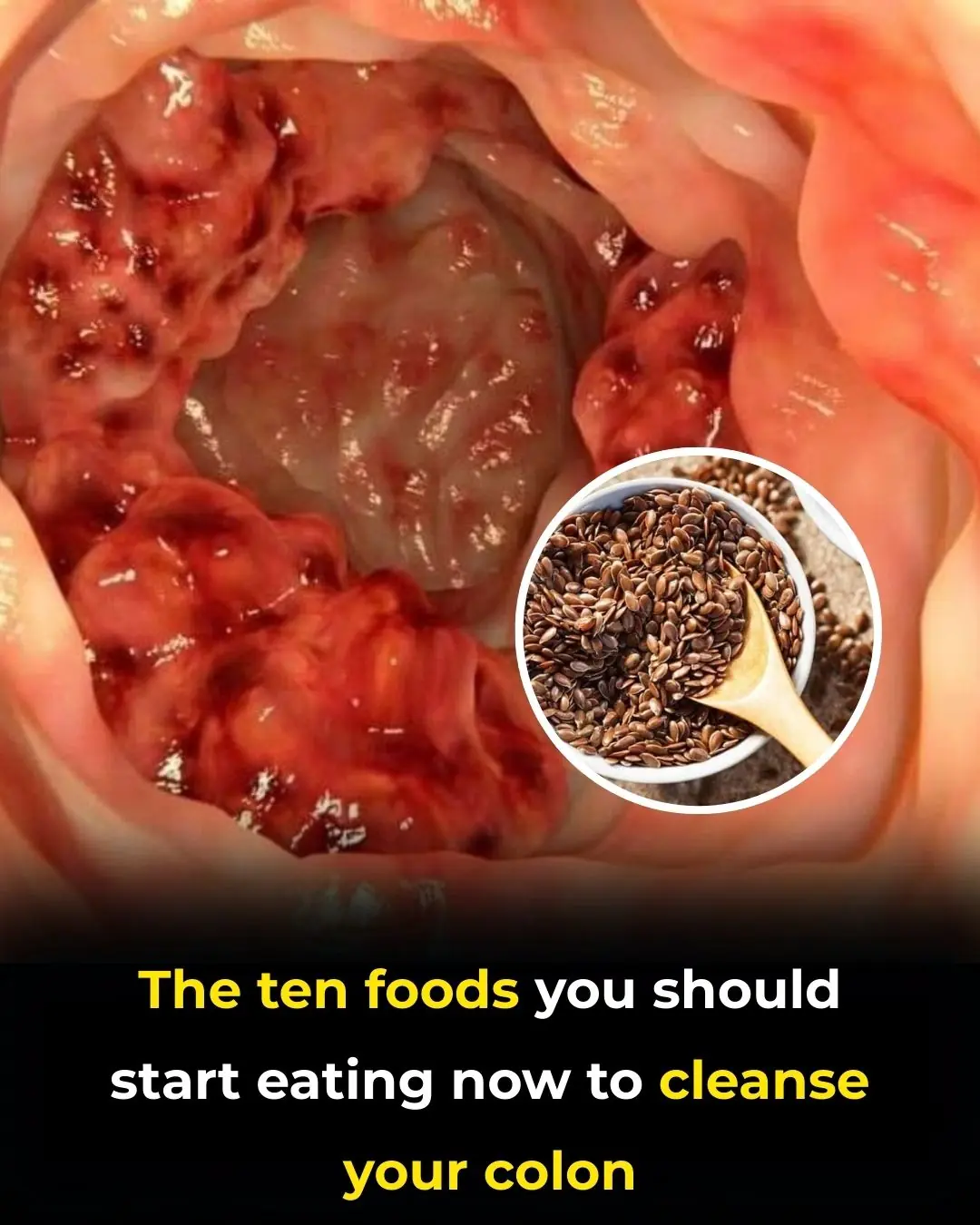
Colon Cleansing: How to Naturally Flush Your Colon at Home (Science Based)
News Post

Why Your Cough Gets Worse at Night — and What to Do About It

What Vitamin Deficiency Causes Dry Lips?

Throwing a bar of soap down the toilet, thinking it's worthless, turns out to be a delight for everyone

Mopping the floor with this ingredient will make it sparkling clean, like new, and dust-free for a whole week

A man's liver was riddled with holes like a honeycomb due to regularly eating one type of fish: Doctors advise eating as little as possible of these four types of fish because they contain carcinogens

My nana taught me this hack to strengthen nails in 3 mins with 0 work. Here’s how it works

The "Freedom Ride": A New Chapter for a Shelter Survivor
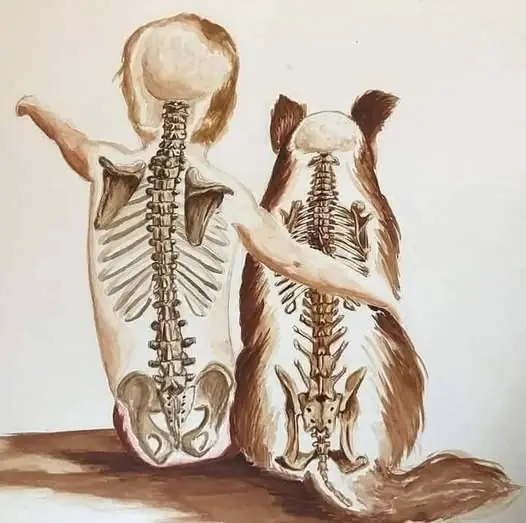
The Wisdom of a Short Life: Why Dogs Leave Us So Soon

From "Death Row" to a Dignified Life: The Miracle Transformation of Clementine

The Warrior’s Wag: Celebrating a Cancer-Free Pitbull and the Truth Behind the Breed

The Power of a Hug: How One "Code Red" Dog Embraced His Way to a Second Chance

The Bright Spot in the Shadows: A Tribute to Kaydee

Seven Common Habits Linked to Cancer After the Age of 40

Five Highly Toxic Meats That Should Be Avoided

Even old, non-stick pans can be "revived" with just a few simple tips that everyone should know.

When buying oranges, look here: the bigger they are, the sweeter they are, so grab them quickly!

Tips for making sticky rice that cooks quickly without soaking the rice overnight, resulting in plump grains that remain soft and chewy even after a while.
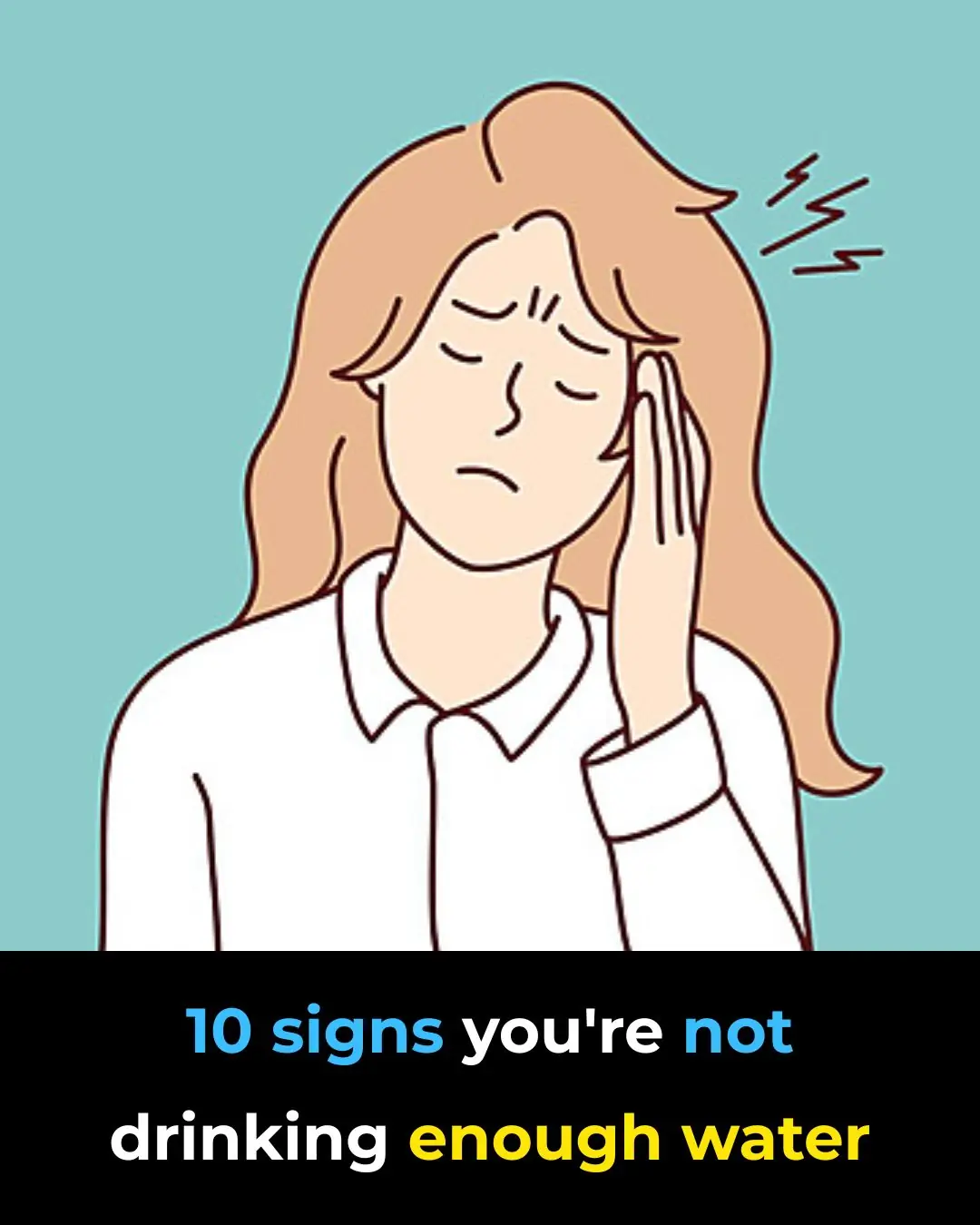
10 signs you're not drinking enough water

Vinegar Consumption and Reduced Risk of Calcium Oxalate Kidney Stones: Evidence from a Pilot Human Study
